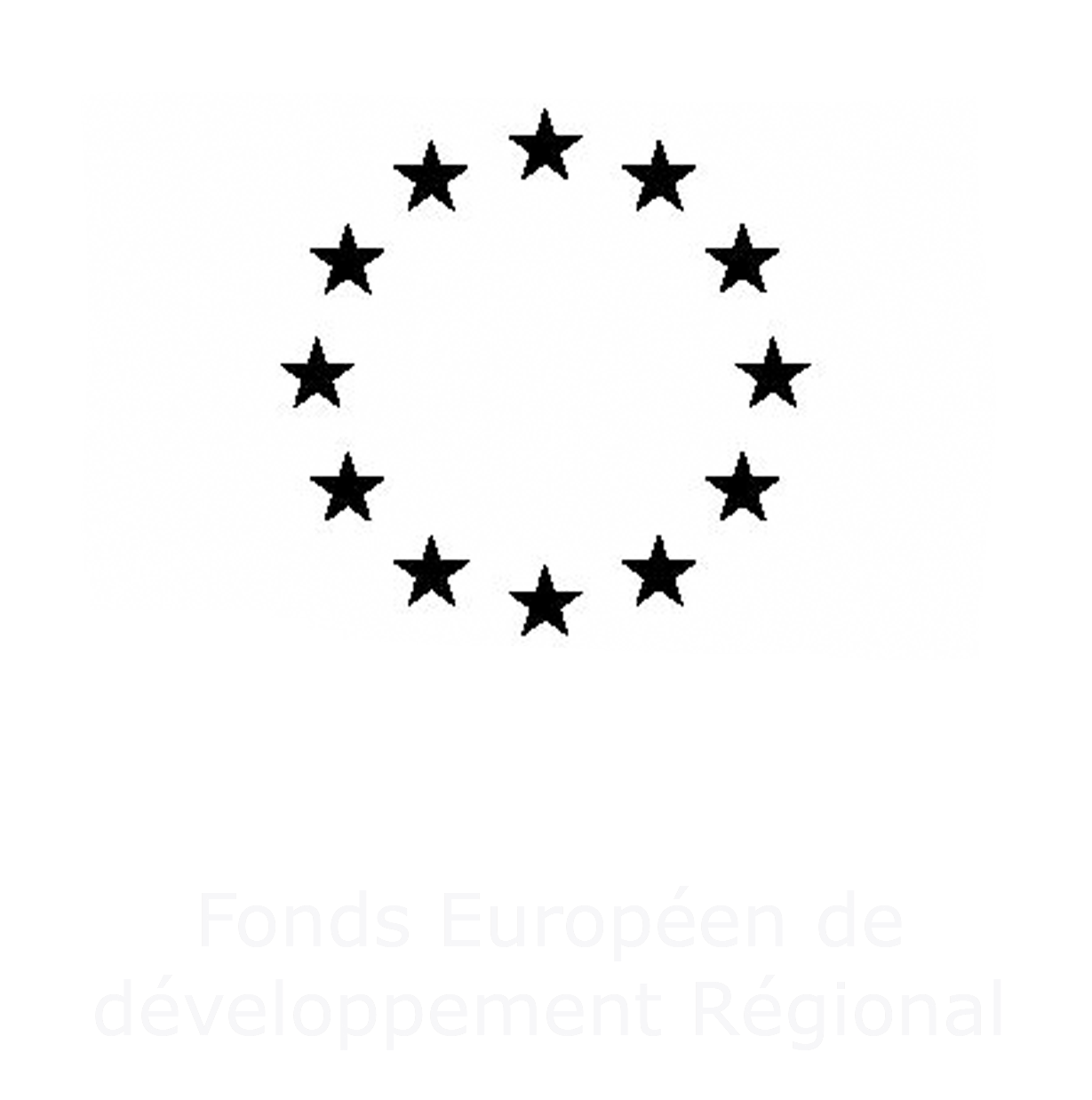Physical and environmental geography laboratory (GEOLAB)
UMR CNRS 6042
Contact
Frédéric Richard – Director
(0033) 555 43 55 02
> Website
Adress : FLSH – Département de géographie et IUP 39E Rue Camille Guérin 87036 Limoges Cedex
Bi-site Clemont Ferrand 2 – Limoges
Administrative Supervision : Université de Limoges – CNRS
Parent Institute : SHS
Doctoral School : ED 526 – Sociétés et organisations
Professors : 19
CNRS researchers : 5
Other researchers : 6
Accreditated to direct research (HDR) : 7
Doctoral Students : 15
Engineers, Technicians : 10
Administratif staff : 1,5
Peer reviewed journal : 156
Books : 1
Book chapters : 53
Thesis defended : 11
Conference presentations : 143
Others : 81
National conferences, seminars organized : 2
International conferences, seminars organized : 1
Presentation
The Geolab Laboratory is a two-sites Joint Research Unit (UMR) linking the universities of Clermont-Ferrand and Limoges with the CNRS and the INRAP (French National Institute for Preventive Archaeological Research). It comprises geographers, economists and archaeologists who study interactions between societies and the environment. The environment is approached in two complementary ways:
• through the study of ecosystem management (resources, services provided to societies, risks, etc.) • as if it was a social and political production, indispensable for societal and territorial reconstructions at a time when sustainable development is the watchword. Research is organized around three thematic teams :
• “Current geoenvironmental dynamics”
This team is involved in two areas :
– Geomorphological dynamics related to matter processes and transfer
– The role of living organisms in geomorphological dynamics
• “Paleoenvironment and Geoarchaeology” This team focuses on how societies in the past managed environmental resources, in particular, through agroforestry systems, territorial practices and landscape dynamics in medium-height mountain areas
• “Environmental capital”
This team’s research is based on three areas:
– Social construction and environmental mobilisation ;
– Environmental amenities and mobility;
– Environment and health risks.
Research themes
Present Environments ; Paleoenvironment and Geoarchaeology ; Society ; Environmental Capital ; Nature
Keywords
Sustainable Development ; Environmental Capital ; Environment ; Bio-hydro-Geomorphology ; Nature ; Geoarchaeology ; Landscape ; Water Territories ; Mobility ; Social inequality
Equipment / Technical resources
Motor-driven core drill ; Trimble GPS ; Nikon episcopic microscopy (SMZ800 binocular, microscope,AZ100 macroscope) and Leica diascopic microscopy) ; Laser scanner (high-resolution topography) ; Weather station ; Geographical Information Systems (Map Info., ArcGIS, ER mapper) ; Database Management ; System (Access, Oracle, Filemaker) ; Remote sensing (Win ANS, ER mapper) ; Statistical processing (XLStat, Statistica, Grapher) ; 3D processing and reproduction (various 3D tools, Surfer, VSN)
Partnerships
Active National University Partnerships : Universities of Bordeaux 3, Grenoble, Lyon 2, Paris 1 and Paris 10, Poitiers, Rennes, Toulouse, ULCO, Pau, Angers, Clermont-Ferrand, Saint Etienne
Current International University Partnerships : South Africa: University of Fort Hare ; Argentina: National University of Cuyo in Mendoza ; Spain: Universities of Barcelona SERP-UB, Las Palmas in the Canaries and ICAC in Tarragonan ; Indonesia: Gadjah Mada University ; Portugal : Universities of Lisbon and Minho; Sweden: University of Stockholm ; United Kingdom: Universities of Leicester and Loughborough
National Industrial Partnerships : Chaire Capital Environnemental et Gestion Durable des Cours d’Eau (SHEM Groupe GDF – Fondation Partenariale de l’Université de Limoges)

